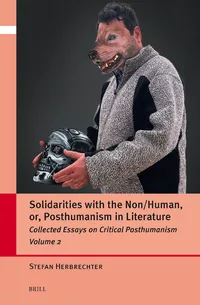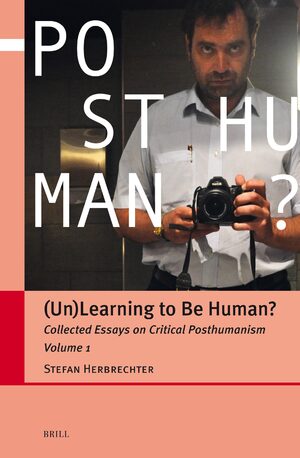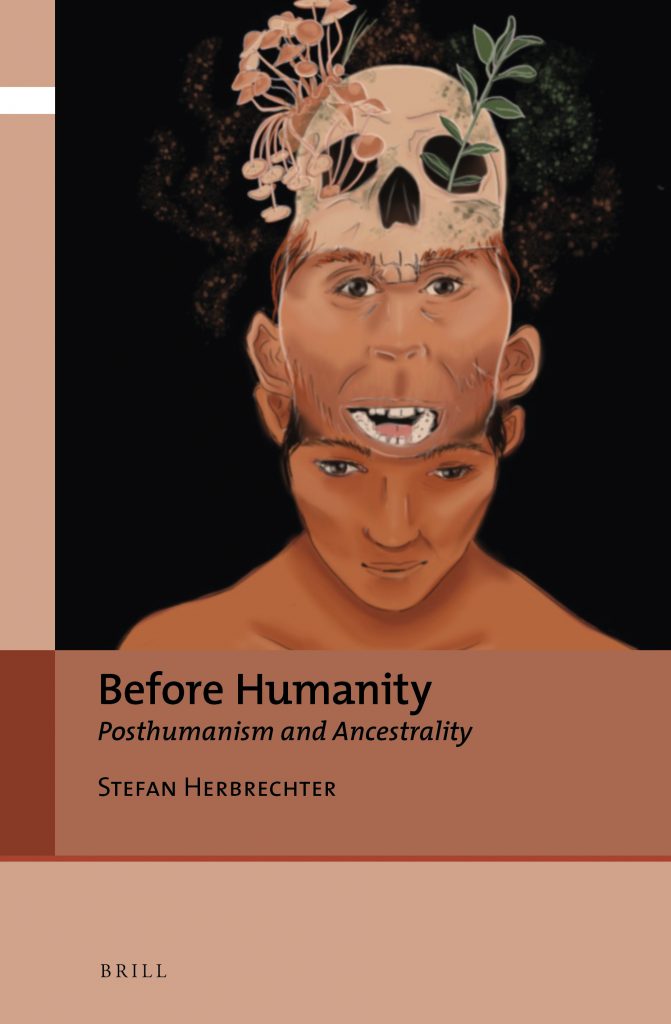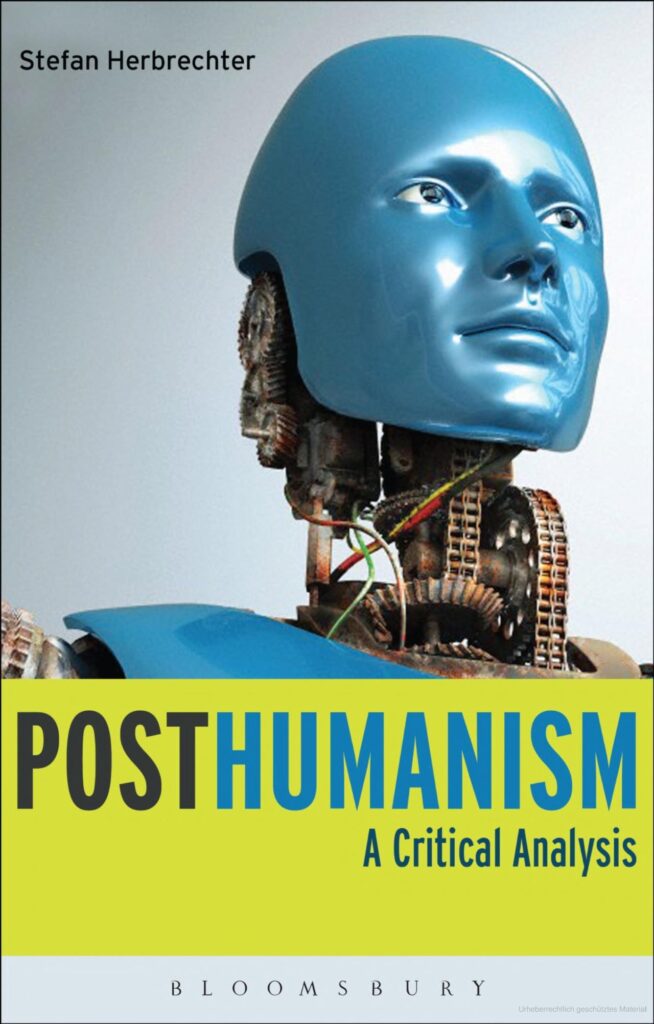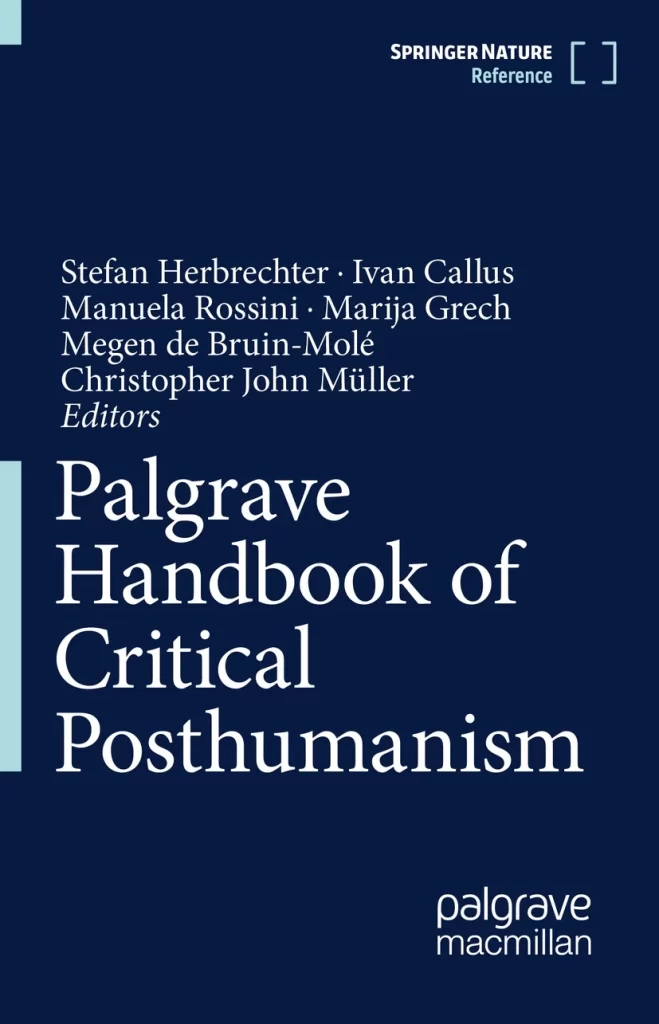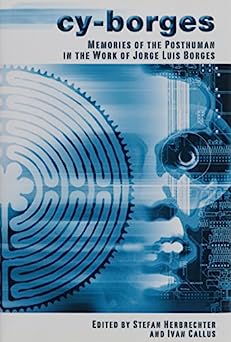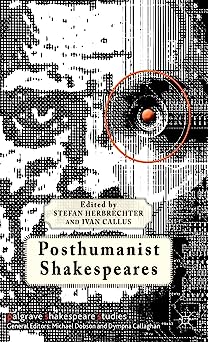…may not be what you think. It actually distances itself from euphoric accounts of mind-uploading, enhancement, geoengineering and the supersession of humans by artifical intelligence – all visions of posthuman futures propagated and often uncritically embraced by what one might call “popular” posthumanism or, strictly speaking, transhumanism.
Critical posthumanism (CPH), on the other hand, is about analysing the emergence of the popular figure of the posthuman and its social, political, aesthetic, ethical, pedagogical and technological implications. Apart from its popular “cyborgian”, either apocalyptic or techno-utopian, dimension, CPH poses serious philosophical questions like: what does it mean to be human? What is the role of technology within evolution and hominisation? Is a postanthropocentric world picture possible, desirable or even necessary?
These questions are prompted by the contemporary crisis that is shaking traditional anthropocentric or humanist values: the erosion of the idea of human nature and humanity, the legitimation of human exceptionalism, the (ecological and biological) effects of human activity on the planet (cf. the contested notion of the “Anthropocene”, or the loss of biodiversity), overpopulation, depletion of natural resources, climate change, globalisation and migration, terrorism and religious fundamentalism, the proliferation of WMDs, traditional and posthuman warfare, the future of energy supply, social justice and the redistribution of wealth, the emergence and convergence of digital media, or the rise of forms of artificial intelligence. In short, all kinds of real and imagined extinction threats (the line between science and fiction is here often quite blurry).
While CPH is critical of the hype it is not to be confused with nostalgia for another (or “new”) human, or a new humanism. Instead, it is part of a new theoretical paradigm emerging from all these challenges to humanism, humanity and the human, which are causing the erosion of traditional demarcations between humans and nonhumans and are calling for alternative ways of thinking.
CPH thus investigates and contextualises the transformative potential of these developments and relates them to past and existing traditions and ideas, as well as prefigurations and speculations of alternative or emergent scenarios of the human, nonhuman, posthuman, inhuman, ahuman in their entanglements and socialities; it continues to deconstruct anthropocentrism, speciesism and biopolitics; informs new creative practices like bioart and climate fiction; it impacts institutional changes across the life sciences, new media, the digital humanities and the posthumanities; it reflects the ways in which people’s lives are reshaped by the embracing of digital lifestyles, virtualisation and various kinds of prosthesisation; it recognises the originary role technology plays in becoming human or posthuman while also questioning the self-evidence of the technological as such.
In short, CPH is a theoretical approach that Ivan Callus, Manuela Rossini and I – as founders of the Critical Posthumanism Network (CPN) – have been developing for the last 20 years or so. The CPN’s main activities involve:
- The Genealogy of the Posthuman – a database/online journal with short peer-reviewed critical pieces about all things posthuman
- The Palgrave Handbook of Critical Posthumanism
- Critical Posthumanisms – a series of monographs and edited volumes published by Brill
Here are some of my more detailed interventions on situating critical posthumanism (N.B.: Draft versions of most of my texts are available on the Publications page):
- Critical Posthumanism, in: Evi Zemanek and Timo Müller, eds. (2025) Live Handbook Environmental Humanities (Metzler/Springer).
- Critical Posthumanism – An Overview: The original version of the introduction to the Palgrave Handbook of Critical Posthumanism (published in 2022).
- Critical Posthumanism – A Definition: an entry that originally appeared in Rosi Braidotti and Maria Hlavajova, eds. (2018) Posthuman Glossary, London: Bloomsbury, and reproduced for The Genealogy of the Posthuman with permission.
- Critical Posthumanism and Critique: an entry written for the Genealogy of the Posthuman.
- Posthumanismus – Eine kritische Einführung: the first monograph that provided a critical appreciation of the emerging field of critical posthumanism.
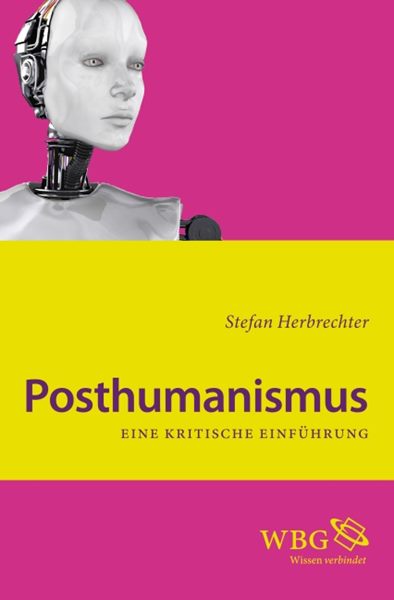
The original German edition (published in 2009, the same year as Cary Wolfe’s What Is Posthumanism?) was the first book-length study of critical posthumanism. Unfortunately, it is now out of print as the publisher has ceased trading. The manuscript version is available hier.
The English translation: Posthumanism – A Critical Analysis appeared in 2013 (the same year as Rosi Braidotti’s The Posthuman).
Here is a short extract:
Contemporary cultural criticism is therefore well advised to take science fiction seriously, not in the sense of its factual ‘realizability’ but rather on the basis of its cultural influence. In other words, a critical reading of a society which is in the process of becoming posthumanist if not posthuman uses science fiction as one of its most important sources for analysing the symptoms that are at work within the contemporary cultural imaginary. This imaginary includes the futurologically oriented sciences with their bio-, nano-, cogno-, info-, etc. technologies within science fiction. A clear separation between ‘science’ and ‘fiction’, between scientific fact and futurological fiction is neither possible nor desirable in the age of radical miniaturization, digitalization, cyborgization, virtualization and mediatization.
The transmission of scientific research is being effectuated (as shown in the various press cuttings above) by means of science fiction within popular and everyday culture, in order to gain political and economic support for research ventures and the development of new technologies. In this sense long-standing dreams of humanity like space travel, intergalactic peace-keeping missions and technological progress are literally made true and, what is more, represented as the aim of becoming (more than) human. It thus becomes clear that the diverse utopian and dystopian science fiction scenarios are serving to police the boundaries within the negotiation of morality, values and taboos, and that they foster the acceptance of cultural change that is caused by eventual displacement of these boundaries. They are thus visualizations of symptoms of repressed desires and anxieties as a reaction to diverse posthumanizing tendencies. A critical posthumanist reading of science fiction films is thus a working through and a deconstruction of certain humanist values at work almost ‘despite’ the posthumanizing potential portrayed. (pp. 116-117)

